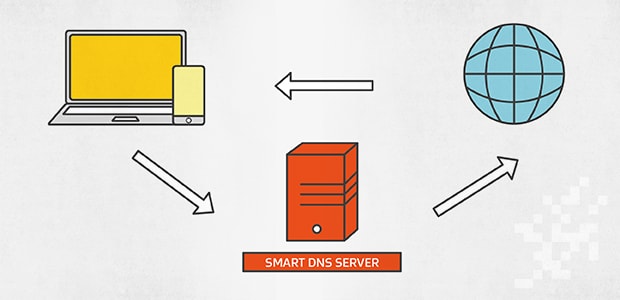Featured
Table of Contents
Ultimate Guide To Proxy Vs. Vpn In 2023: Which One Is ...
SOCKS5 is not the like a VPN. Rather, SOCKS5 is a type of proxy server that's typically used for online gaming, sharing files or video talking on a single website or app. VPNs, on the other hand, secure all web activity across all websites and apps.
For this reason, some users pay for a private proxy server which restricts the variety of users that access it, accelerating your connections. Proxies are likewise vulnerable to security exploits: they can be open to attack, enabling the bad men to infiltrate networks or steal personal information. Some proxies can still track (and store) your browsing routines, along with taping usernames and passwords rendering that pledge of privacy null.
VPNs use a regional client to develop the connection to the VPN server, so any regional CPU or memory concerns will slow down the connections. VPNs are usually more pricey to utilize (and maintain) than a proxy server, and they are often more complicated to manage. Much like proxy servers, VPNs can't guarantee privacy while browsing.
Your data will be secured to the VPN, however from that point on, it might be unencrypted to the web server. For some sites, this might be irrelevant: an information-only webpage with no login or payment alternatives for example, however for any websites that require a login or online payments or any sensitive information make sure the site is made it possible for to use HTTPS.
Proxy Vs Vpn: What Are Their Differences And Which One ...
The biggest argument to use a VPN rather of a proxy is the total encryption for all traffic you get with the VPN. Dollar for dollar, a VPN is more protected than a similarly priced proxy. VPN service providers preserve their own networks and you use their IP addresses for your connections.
Personal privacy and security matter these days, despite if it's your business data or your own individual information you need to secure. Make sure you're investing money and time into the appropriate tools for your security objectives: both proxies and VPNs add an additional layer of security and personal privacy to your information.
If your issues are more around "what sites are my users striking," a proxy server is a better tool. To get one of the most bang for the buck (and to protect your data as a security-aware citizen), sign up for a well-regarded VPN service. For the a lot of part, VPN services permit you to utilize servers in different locations to work around content restrictions.

If you're worried about your privacy when utilizing the internet, you may have considered using either a VPN or a proxy server. Both increase the security of your internet connection, but how precisely do they work, and how do they differ? If you are seeking to improve your online personal privacy, it is very important to understand the difference between VPNs and proxy servers to make sure you're selecting the right tool for the task.
Proxy Vs Vpn: What Are The Differences?
How they achieve that and the degree to which they offer other personal privacy functions differs greatly. Typically, when web surfing, your computer system links to a website straight and starts downloading pages for you to read. This procedure is simple. However, when you utilize a proxy server, your computer sends all web traffic to the proxy first.
VPNs work on the operating system level. This indicates that they reroute all your traffic, whether coming from your web browser or an app. They also secure traffic between the internet and your device. As an outcome, your Web Service Provider (ISP) can't see what you're doing online simply that you're linked to a VPN server.

While speeds differ from service provider to provider, VPNs are usually the faster alternative. It isn't a good idea to use a free VPN service because they are restricted in what they can provide and tend to mine your data. As an outcome, users tend to choose paid-for VPNs, which offer higher information file encryption and are more safe.
This means that, in basic, VPNs tend to be the more costly choice. VPNs deal with the os level and reroute all your traffic through a VPN server, while proxies deal with the application level and just reroute the traffic of a specific app or web browser. This indicates that VPNs secure all web activity, despite website or app, while proxy servers just conceal one website or app at a time.
Proxy Vs Vpn: What's The Difference? Privacy, Security And ...
Proxy servers aren't just used to unlock specific sites. They can likewise be utilized for the opposite purpose. Certain companies companies, schools, or libraries or possibly moms and dads may want to set up a transparent proxy to obstruct or filter users' material when using the web. You may have utilized a transparent proxy without recognizing it.
Latest Posts
The Best Vpns To Protect Yourself Online
Smartphone Vpns: What You Need To Know
The 5 Best Vpn Services For The Bay Area